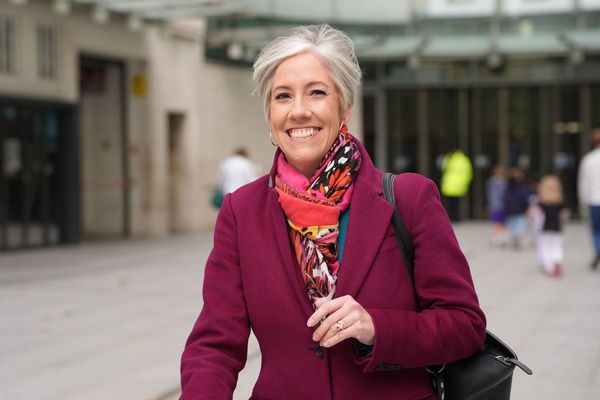
Yesterday’s NSW budget from Treasurer Matt Kean will — if its reforms are bedded down in coming years — prove to be one of the most important economic and social reform documents at any level of government in Australia for some time.
A lot of coverage of the budget focused on its spending, given there’s an election due next March and the need for the NSW Liberals to differentiate their product radically from the Morrison government on gender issues. And all of that’s fair enough.
But the centring of economic and fiscal policy on women’s economic opportunity is unprecedented. Kean’s budget is a first, substantial step to a state where impediments to full female economic participation have been minimised as much as possible, the gender pay gap is finally closed, and women feel safer both in the workplace and society generally.
Much of that involves much greater health spending — again, spending with an obvious political imperative — which has been a key driver of the greater female workforce participation we’ve seen in the past five years.
Economic and fiscal policymaking in Australia has traditionally been dominated by male industries. Mining and extractive industry companies are highly effective at capturing governments. Manufacturing retains a special aura for all politicians as some sort of innate good. Construction is a popular go-to for stimulus programs. The heavily male-dominated tech sector has a glamour deeply attractive to politicians who want to appear visionary.
But female economic participation has only been seen through the lens of equity, of gender fairness.
Now there’s a major jurisdiction that understands it’s about good economics as much as about equity, that it’s a must-do, not a should-do, and that our economy and the workforce has been changing rapidly whether we want it or not. Over the past 40 years we’ve been transforming into a service economy; now we’re heading towards a caring economy, where health, care and education — all heavily feminised sectors — might form 25-30% of the workforce in coming decades.
In taking a leadership role, NSW has challenged the rest of Australia. It isn’t merely NSW that needs higher female participation and greater female economic empowerment, including Indigenous women, women with disabilities and women from non-English-speaking backgrounds. It’s the whole country.
The budget comparison yesterday wasn’t just with the last Morrison government budget, with its crass and futile political spending, but with a bland, by-the-numbers Queensland budget, notable only for its sensible increase in coalmining royalties (something Kean chose not to do).
The most obvious government to meet the challenge is Anthony Albanese’s, and Kean’s expansion of childcare will complement the expansion in subsidies planned by Labor. But surely the ultimate goal is a universal full subsidy (or near to full, such as the 95% subsidy proposed by the Grattan Institute) for childcare.
Albanese’s commitment to add gender pay equity to the Fair Work Commission Act, address it in the Commonwealth public service and improve transparency around gender pay gap reporting are also in tune with Kean’s activism on that issue.
But what the NSW government has ultimately done is take an issue traditionally seen through equity, social and cultural lenses — and thus prone to being dismissed as at best a nice add-on to policy when the more important stuff has been done — and place it not merely under the heading of “economic reform” but put it at the top of the list.
NSW hasn’t merely embarked on significant reform. It’s corrected and expanded our understanding of what reform should mean.







